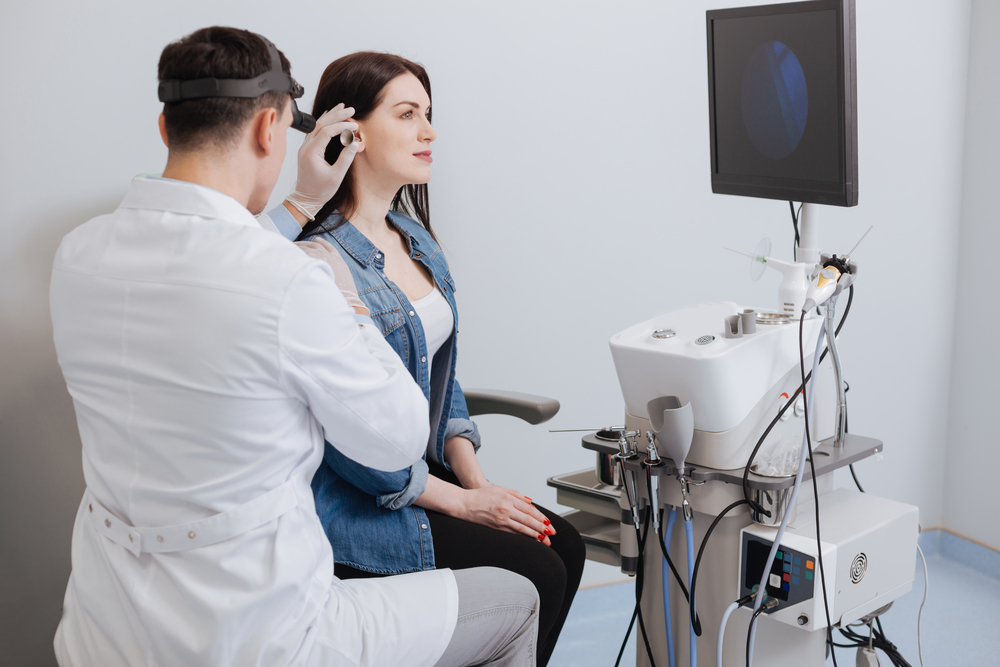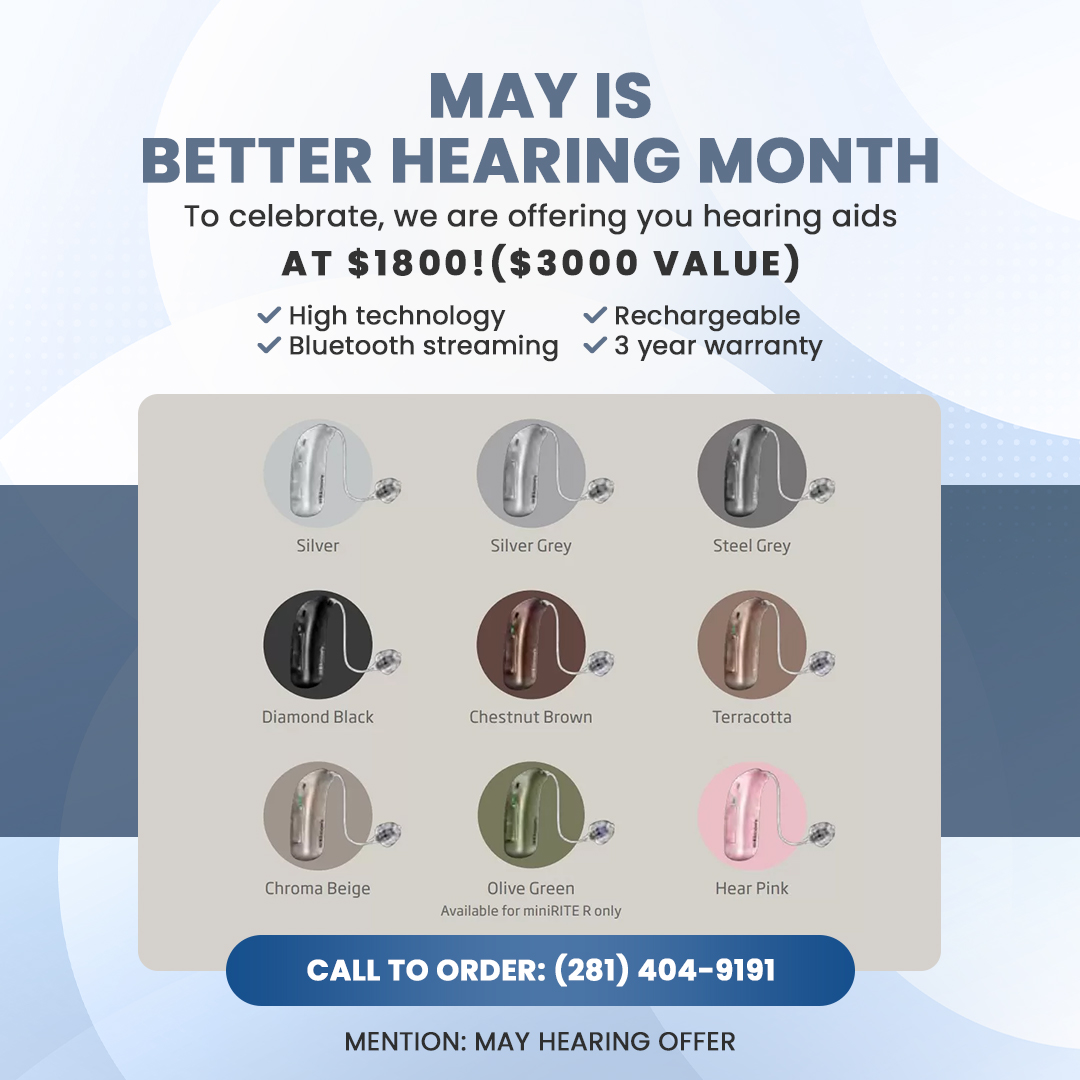
Understanding the Hearing Evaluation Process: What to Expect
Hearing is a vital sense that plays a crucial role in communication, safety, and quality of life. If you or a loved one are experiencing hearing difficulties, a hearing evaluation can be the first step toward understanding the issue and finding solutions. At Pupila Family Eye and Ear Care, we take pride in offering comprehensive hearing evaluations designed to assess hearing health and provide personalized care. Here's what to expect during a hearing evaluation and why it's important.
Initial Consultation and Medical History
The hearing evaluation process begins with a thorough consultation. Your audiologist will ask about your medical history, any symptoms you’re experiencing, and your lifestyle. This step helps us understand any factors that may be contributing to your hearing issues, such as exposure to loud noises, ear infections, or family history of hearing loss. Sharing detailed information ensures we can tailor the evaluation to your specific needs.
Physical Examination of the Ears
Before any hearing tests, the audiologist will conduct a physical examination of your ears using an otoscope, a device that allows them to look into your ear canal. This is done to check for earwax buildup, inflammation, infection, or other physical conditions that might be affecting your hearing. It's a quick, painless part of the process that helps rule out any external factors.
Hearing Tests
The main part of the evaluation involves several tests that measure your hearing ability across different frequencies and volumes. These tests are conducted in a soundproof room to eliminate distractions. The most common hearing tests include:
• Pure-tone Audiometry: You'll wear headphones and listen to different tones at various pitches and volumes. Your task is to indicate when you hear each sound. This test helps determine the softest sounds you can hear at different frequencies, helping to map out your hearing range.
• Speech Audiometry: In this test, you will listen to spoken words at various volume levels and repeat what you hear. This evaluates your ability to understand speech, which is often more challenging for those with hearing loss.
• Tympanometry: This test evaluates how well your eardrum and middle ear are functioning by creating slight pressure changes in the ear canal. It helps detect issues like fluid in the middle ear or problems with the eardrum's movement.
Understanding Your Results
After the hearing tests, your audiologist will review the results with you. The results are typically plotted on an audiogram, a chart that shows your hearing sensitivity across different frequencies. Your audiologist will explain what the results mean, whether your hearing is within the normal range or if there is any degree of hearing loss. They will also discuss possible causes and next steps.
Personalized Treatment Recommendations
If your evaluation reveals hearing loss or other hearing-related issues, the next step is creating a treatment plan tailored to your needs. This may include:
• Hearing Aids: If hearing aids are recommended, the audiologist will guide you through selecting the right type based on your hearing loss, lifestyle, and preferences.
• Assistive Listening Devices: These devices can help improve hearing in specific situations, such as using a phone or watching TV.
• Medical Referrals: If the hearing loss is due to a medical condition, such as an ear infection or blockage, the audiologist may refer you to a physician for further treatment.
Follow-up Care
Hearing health is an ongoing process. Even if your evaluation doesn't reveal significant hearing loss, it's essential to have regular check-ups, especially if you’re at risk of hearing changes due to age, noise exposure, or medical conditions. For those using hearing aids, follow-up visits will ensure the devices are functioning well and that you’re adjusting to them comfortably.
Why Get a Hearing Evaluation?
Hearing evaluations are crucial for detecting any issues early on. Hearing loss can often be gradual, and many people don't realize how much their hearing has diminished until it significantly affects their daily lives. Early diagnosis can lead to better outcomes, whether it's through hearing aids, medical treatment, or lifestyle adjustments. Additionally, untreated hearing loss can lead to social isolation, cognitive decline, and reduced overall quality of life, making timely evaluation even more important.
Contact Pupila Family Eye and Ear Care to schedule your hearing evaluation and take control of your hearing health. Visit our office in Lantern Lane, located in Houston, Texas, or call (713) 324-8889 to book an appointment today.








